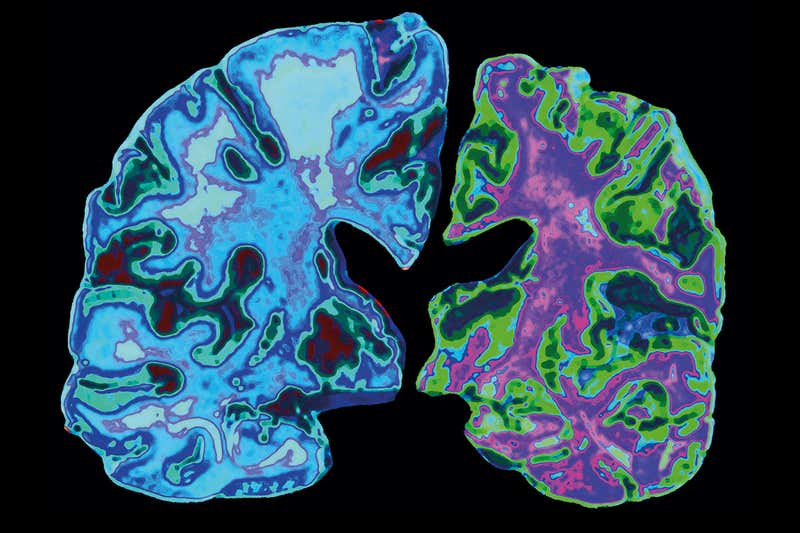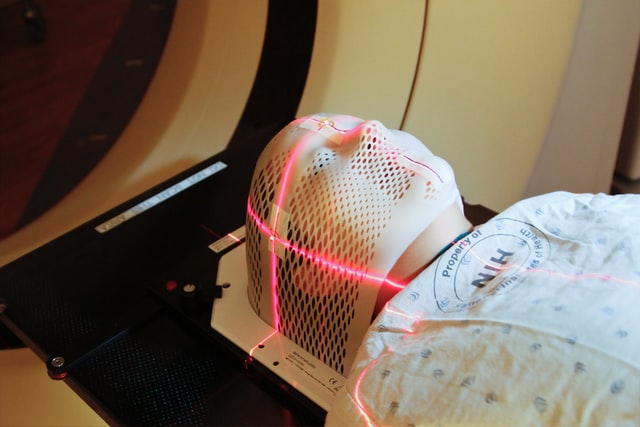The cause of Alzheimer's found at the dentist
We may finally know what causes Alzheimer’s – and how to stop it
HEALTH 23 January 2019 , updated 30 January 2019

Alzheimer’s disease has destroyed neurons in the right-hand brain above
Jessica Wilson/Science Photo Library
AFTER decades of disappointment, we may have a new lead on fighting Alzheimer’s disease. Compelling evidence that the condition is caused by a bacterium involved in gum disease could prove a game-changer in tackling one of medicine’s biggest mysteries, and lead to effective treatments or even a vaccine.
As populations have aged, dementia has skyrocketed to become the fifth biggest cause of death worldwide. Alzheimer’s constitutes some 70 per cent of these cases (see “What is Alzheimer’s disease”), yet we don’t know what causes it. The condition, which results in progressive loss of memory and cognitive function, usually over a decade or so, is devastating both to those who have it and to their loved ones.
The condition often involves the accumulation of two types of proteins – called amyloid and tau – in the brain. As these are among the earliest physical signs of the disease, the leading hypothesis since 1984 has been that the condition is caused by the defective control of these proteins, especially amyloid, which accumulates to form large, sticky plaques in the brain.
The bulk of research into understanding and treating Alzheimer’s has centred on this “amyloid hypothesis”. Huge sums of money have been invested in experiments involving mice genetically modified to produce amyloid, and in developing drugs that block or destroy amyloid proteins, or sometimes degraded tangles of tau.



